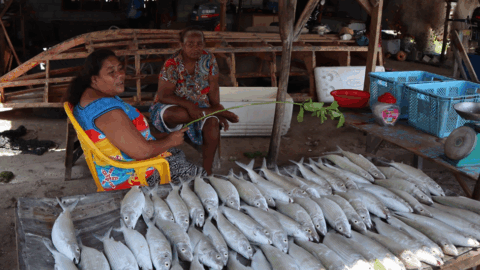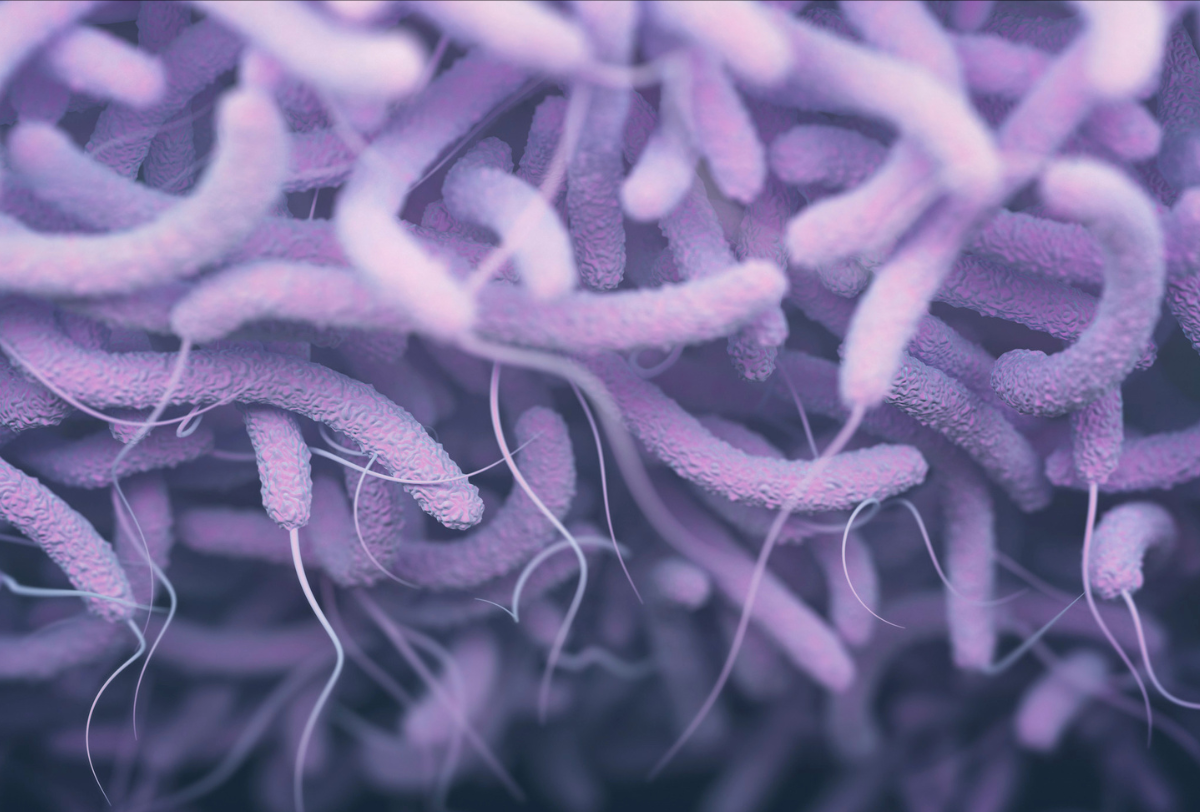Selecting Sustainable Seafood: The Challenge for Consumers
 Making sustainable seafood choices at the fish counter and at restaurants are daunting tasks for most people, even for experts such as New York Times food writer and cookbook author Mark Bittman. In his recent article, Bittman acknowledges the challenge of being a seafood consumer interested in both taste and environmental ethics.
Making sustainable seafood choices at the fish counter and at restaurants are daunting tasks for most people, even for experts such as New York Times food writer and cookbook author Mark Bittman. In his recent article, Bittman acknowledges the challenge of being a seafood consumer interested in both taste and environmental ethics.
“The buying has become a logistical and ethical nightmare,” Bittman states.
I’m glad that Bittman refuses to give up either eating fish or factoring sustainability into what he buys. He tries to keep his selection of sustainable seafood simple with a few rules of thumb focused on staying away from the most troubled fish stocks.
When we all demand sustainable seafood, I think it will help support some of the tough decisions that need to be made to get the oceans healthy again. Scientists tell us that the two best solutions are protecting the sensitive places in the ocean and managing the fish we catch properly through catch shares fishery management.
It is absolutely amazing that all the fisheries in the world are either fully fished at capacity or have been fished to collapse. Yet strong evidence published in the journals Science and Nature show that catch shares end, prevent and even reverse the collapse of fisheries. In addition to ending overfishing and rebuilding fish stocks, well designed catch shares provide economic stability for fishermen and fishing communities.
Fortunately for the environment, fishermen and consumers alike, support for catch shares management continues to gain momentum and is being considered in all coastal regions of the country. The new NOAA administrator Dr. Jane Lubchenco is demonstrating unprecedented support for studying, implementing, and funding catch shares management. Just yesterday the House of Representatives appropriations committee included a big increase in the budget to make catch shares happen.
With continued support from fishermen and even consumers, this momentum and support for catch shares can lead to a new era for fisheries management that protects our oceans and make eating seafood all the more enjoyable.












